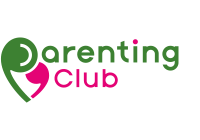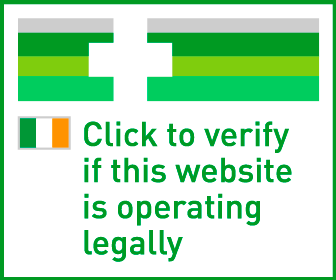Collect 8 points per €1 on your baby shop with Boots Parenting Club
JOIN FOR FREEGet them into good brushing habits from the start
We all know we should be brushing our teeth for at least two minutes, twice a day. The same goes for our children’s teeth. A few questions you might ask are: when should you start brushing your baby’s teeth, how long do you need to help them brush their teeth for, and how exactly do you brush baby and toddler teeth? We’ve got the answers in this guide.
Why is cleaning baby teeth important?
You might think you don’t need to brush your baby’s teeth because they haven’t got many and they don’t eat a lot. Even so, it’s important to get them into a good oral hygiene routine and used to looking after their teeth from an early age.
When should I start brushing my baby’s teeth?
If you’re thinking about when to brush baby’s teeth, the answer is simple: as soon as they start to come through. You could even let them have a go on their brand new toothbrush before that first tooth appears, to get them used to the idea.
Just like older children and adults, your baby’s teeth will need brushing twice a day, every day. If your little one is unsure, try letting them watch you brush your teeth, or brushing your teeth together.
Do I need to use a special baby toothbrush?
Once you’re ready to start brushing your baby’s teeth, you’ll need a baby toothbrush which will have a smaller head and softer bristles. You’ll also need toothpaste created especially for baby teeth. For babies and toddlers up to three years old you’ll only need a tiny smear of toothpaste – about the size of a grain of rice is enough for cleaning baby teeth.
How do you brush baby teeth?
Brushing your baby’s teeth may seem tricky at first, especially if they’re a wriggler! To get the best angle, sit them on your knee facing away from you with their head resting against your chest. Brush their teeth in small circles, covering all the surfaces, and encourage them to spit the toothpaste out afterwards. If you struggle to get them to stay still, try singing songs or make it into a game to keep them entertained while you brush.
Should I help brush my toddler’s teeth?
By the time your little one hits the toddler years they should be well used to brushing their teeth twice a day. However, until the age of around seven, most children aren’t co-ordinated enough to reach each area of their mouth properly, so it’s important you still give them a helping hand until then. With an older child, stand behind them and tilt their head backwards.
What toothbrush should I use for my toddler’s teeth?
From the age of two or three, your little one can upgrade their toothbrush to one with a bigger head and slightly firmer bristles to help take care of their growing set of pearly whites. There are plenty of toddler toothbrushes to choose from, including both manual and battery powered options featuring a range of fun designs and favourite characters. You can also pick up a toothpaste suitable for their age group, which will contain a little more fluoride than baby toothpaste to help look after their growing teeth. A pea-sized amount of toothpaste is suitable for your little one if they’re over three.
How to brush toddler teeth
By now your toddler should have nearly all their baby teeth. As they’ll be eating a variety of different foods now, it’s important to try and brush their teeth for the recommended two minutes, twice a day. If they’re rushing the brushing, try a toothbrush timer to help keep them focused for the full two minutes. And if they’re exercising that famous toddler willpower and want to brush their teeth independently, try making a game out of it and taking turns to see who can brush the best. You could even have a toothbrush each!
Once you’ve brushed your toddler’s teeth, encourage your little one to spit the toothpaste out but refrain from rinsing, as this will remove the fluoride that’s needed to help protect teeth after brushing.
Keep teeth in tip-top condition
Don’t forget to replace your baby or toddler’s toothbrush every three months or sooner if it’s starting to look a little worn. It’s also a good idea to take them for regular dentist check-ups as soon as their first teeth cut through – take them along with you to your appointments to get them used to the idea.




